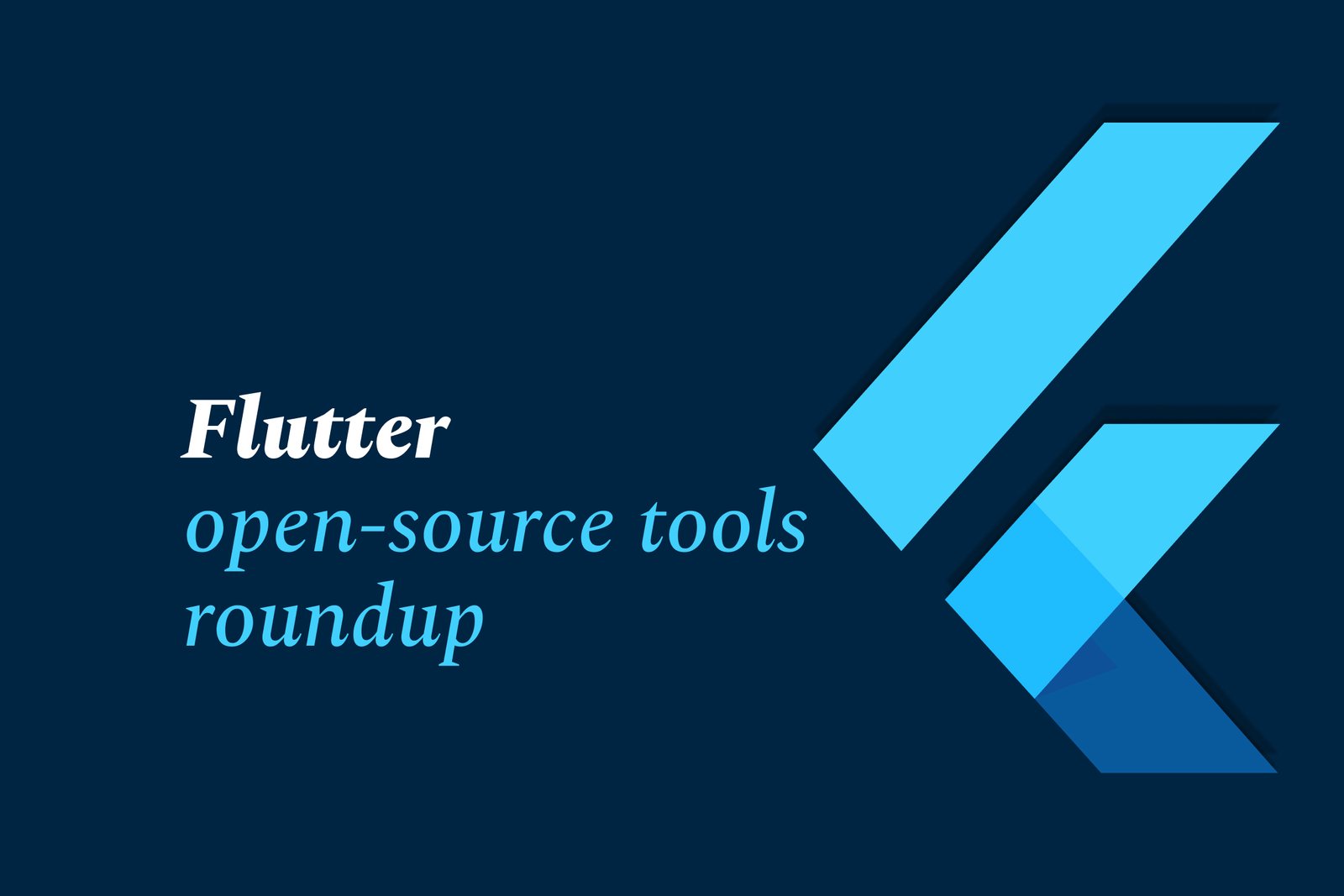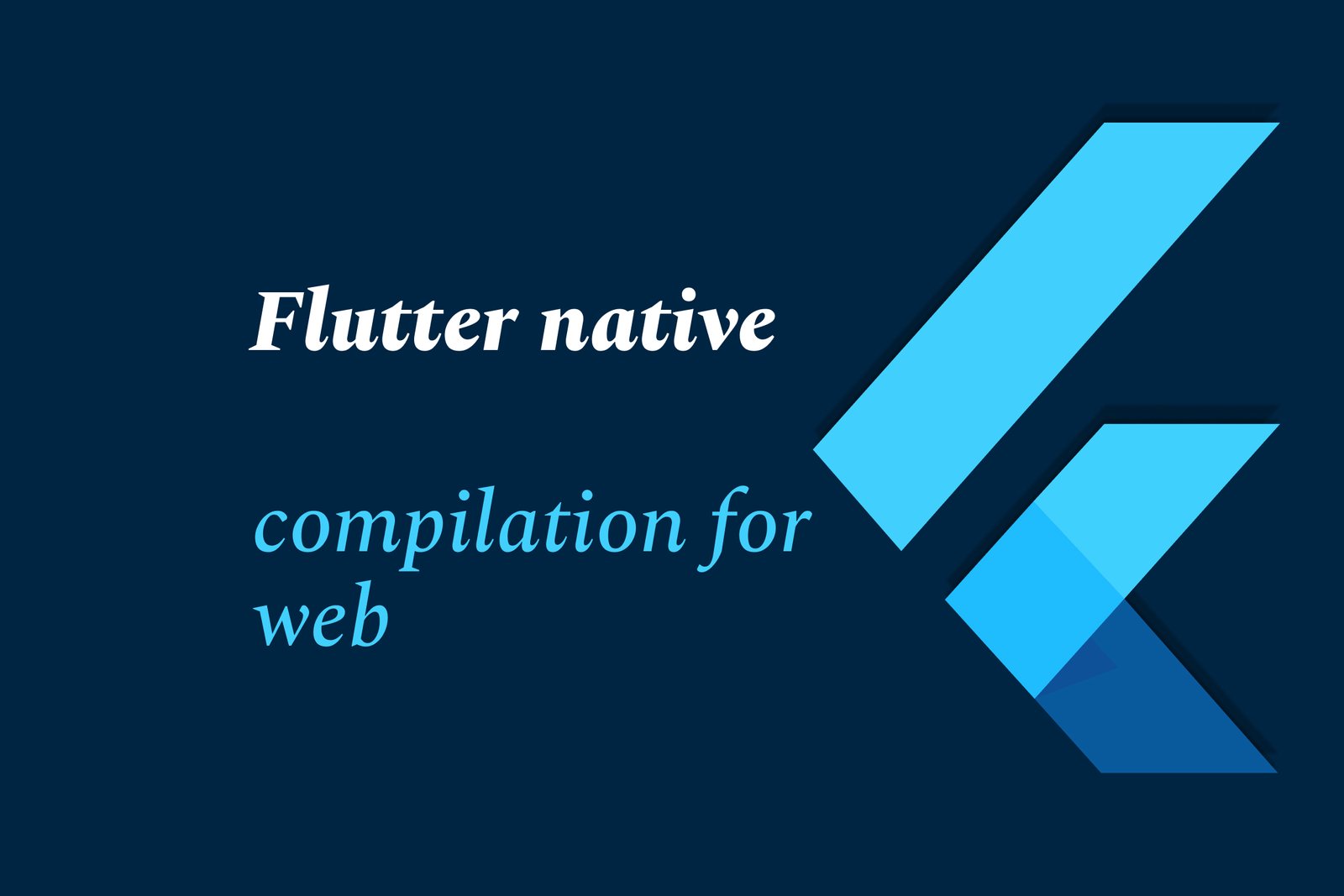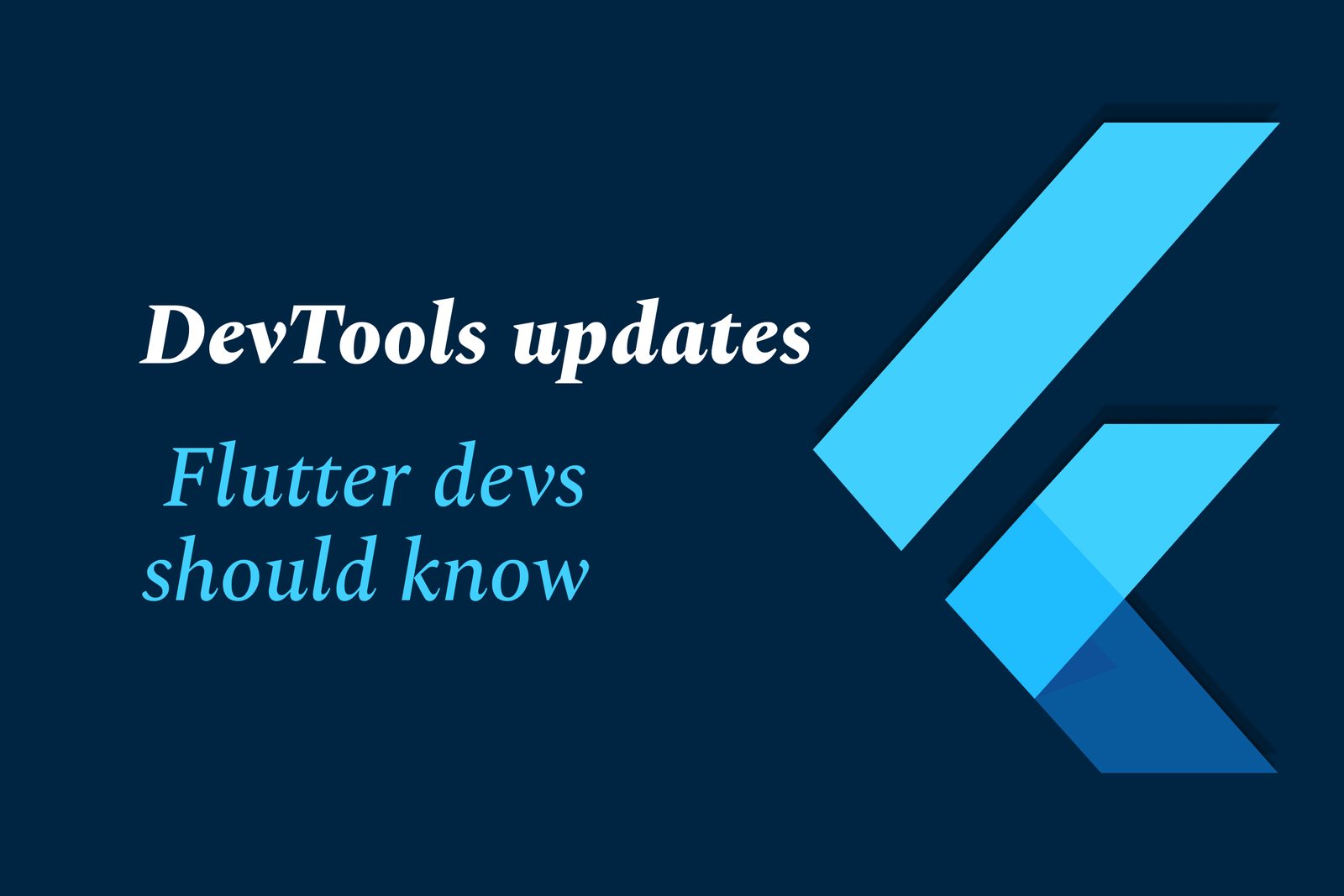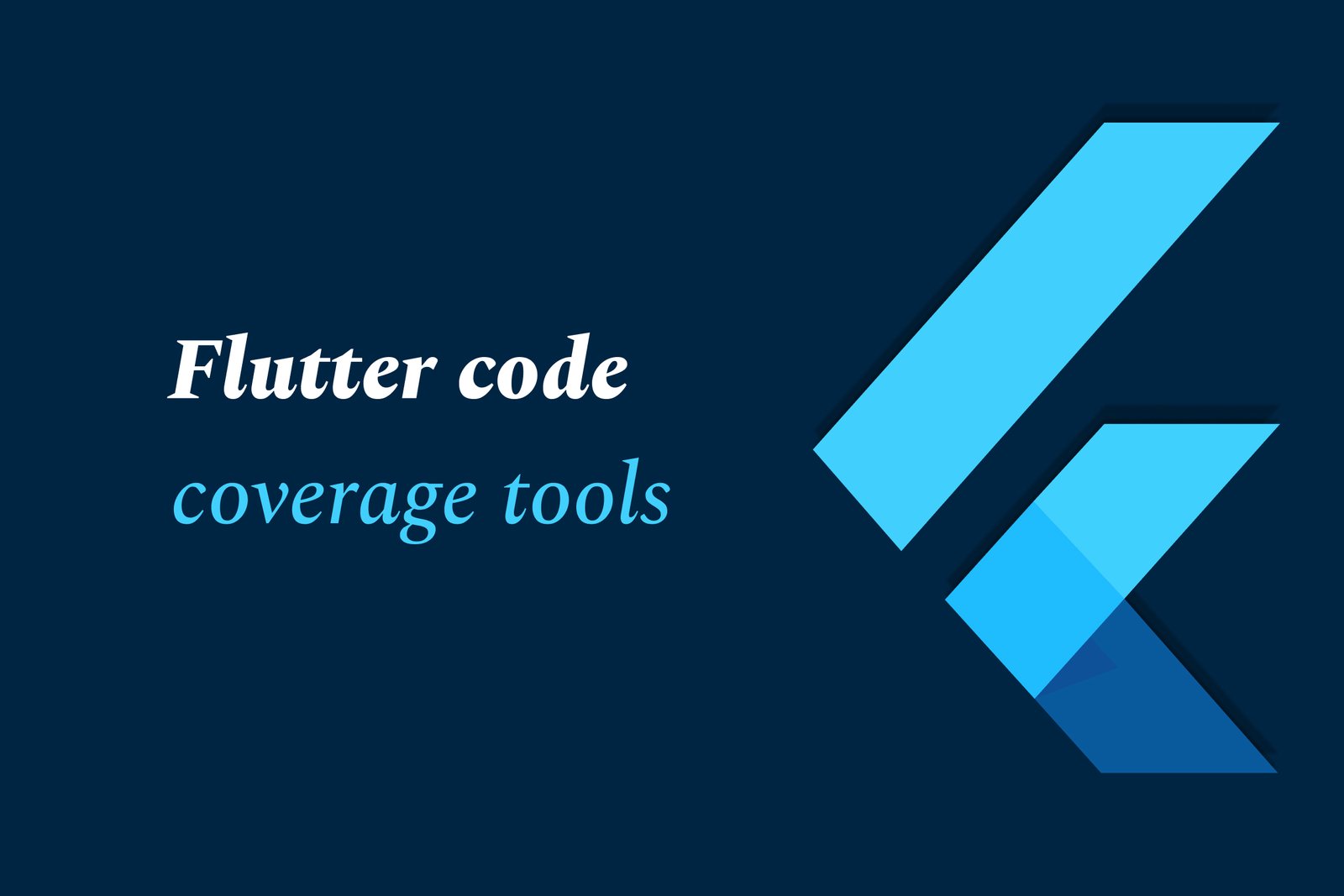Flutter Open-Source Tools Roundup
Flutter open-source tools roundup highlights a curated collection of essential libraries, plugins, and utilities that enhance Flutter app development. These tools simplify UI design, testing, debugging, and performance optimization—helping developers build faster, more efficient apps.
Flutter open source tools roundup
1 ) Overview of Flutter Framework
Flutter is an open source UI toolkit and SDK created to build natively compiled applications across mobile, web, and desktop from a single codebase. It uses Dart as its programming language and provides a modern, reactive style framework featuring reusable UI widgets like buttons, sliders, and text inputs.
2 ) Significance and Advantages of Flutter
Open source and free to use, supported on Windows, macOS, and Linux.
Enables highly customizable UI experiences.
Promotes fast development with high performance.
Cost efficient and easier for developers transitioning into Flutter.
3 ) Challenges and Limitations of Flutter
Limited third party support due to its relative youth.
Recruitment can be challenging because of the technology’s novelty.
Mainly focused on mobile applications; desktop and web support are improving but still emerging.
Ongoing integration challenges in continuous development pipelines.
4 ) Testing in Flutter
Flutter’s testing ecosystem is categorized into three key types:
Unit Testing: Validates a single function, class, or method’s correctness, ensuring expected outputs to given inputs.
Widget Testing: Checks individual widgets for correct rendering and behavior, more comprehensive than unit tests, focusing on UI components and their lifecycle.
Integration Testing: Tests the complete app flow by simulating real user interactions and verifying that multiple widgets and services work together seamlessly, including installation and app driving from external test suites.
5 ) Importance for Developers
Flutter's combination of strong open source community support, efficient development cycle, and powerful testing strategies make it a compelling choice for mobile development despite its limitations. Engaging with the open source tools and resources available around Flutter can accelerate career growth and project success.
https://justacademy.in/news-detail/flutter-adds-ai-toolkit:-what-it-means-for-developers
https://justacademy.in/news-detail/flutter-vs-react-native-in-2025:-the-real-winner
https://justacademy.in/news-detail/why-flutter-developers-are-in-high-demand-in-india
https://justacademy.in/news-detail/flutter-game-development-is-gaining-momentum
https://justacademy.in/news-detail/flutter-sdk-updates-in-july-2025
Related Posts
Top Flutter animation packages like SpinKit, Animations, and Flutter Animate simplify adding smooth, engaging animations to apps. They offer ready-made loaders, material transitions, and versatile effects, enhancing user experience with minimal code and improved UI appeal.
Flutter AI packages are rapidly gaining traction by enabling developers to easily integrate powerful AI features like machine learning and natural language processing into cross-platform apps, boosting innovation and efficiency within the growing Flutter ecosystem.
Flutter enables cross-platform desktop app development with a single codebase, offering fast UI design, native performance, and strong community support. However, it faces challenges like larger app sizes, limited desktop-specific features, and a less mature ecosystem compared to native tools.
Flutter AI combines Flutter’s cross-platform app development with AI technologies to create smart, efficient fintech and healthcare apps—enabling fraud detection, personalized finance tips, medical imaging, virtual health assistants, and automation for improved user experience and operational efficiency.
Flutter's Linux desktop support has steadily advanced, improving performance, native theming, and integration with Linux desktop environments. Collaboration with Canonical and the community is driving better window decorations, menu support, and release-ready app builds for seamless Linux app development.
Flutter is a versatile UI toolkit by Google enabling cross-platform app development, increasingly used for Smart TVs and IoT devices. It allows building native-like interfaces for diverse platforms, streamlining development despite challenges like remote navigation and platform-specific integration.
Flutter native compilation for web transforms Flutter code into efficient JavaScript and WebAssembly, enabling fast, high-performance web apps with smooth UI rendering. This approach delivers near-native speed and consistency across browsers using a single codebase.
Flutter DevTools has been updated with enhanced performance profiling, an improved widget inspector, network monitoring, Material You theming support, faster hot reload/restart, and better accessibility tools—helping developers debug and optimize Flutter apps more efficiently.
Flutter code coverage tools measure the percentage of code executed during testing, helping developers identify untested parts. Using commands like `flutter test --coverage` and tools like LCOV and VSCode extensions, they visualize coverage to improve code quality and reliability.
In 2025, Dart Pub remains a vital hub for discovering and managing Dart packages, driven by Flutter’s growth. Trends focus on enhanced cross-platform tools, improved performance, richer libraries, and rising use in innovative apps like AR, making Dart Pub essential for versatile, modern development.










